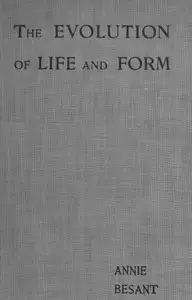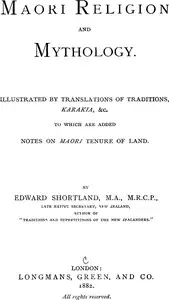"The Kitáb-i-Íqán" by Bahá'u'lláh is a religious text written in the mid-19th century. The work addresses fundamental questions about the nature of faith, the recognition of divine manifestations, and the historical patterns of denial and acceptance faced by prophets throughout the ages. At the start of the book, the author emphasizes the necessity of detachment from worldly concerns in the pursuit of true understanding and divine knowledge. He reflects on the consistent pattern of opposition faced by prophets such as Noah, Moses, and Jesus, detailing the spiritual significance of their experiences and the reactions of their contemporaries. This introduction serves to underscore the challenges of recognizing divine revelation amid societal expectations and entrenched beliefs, setting the stage for Bahá'u'lláh’s exploration of the unity of all religious teachings and the role of the Manifestations of God. (This is an automatically generated summary.)

The Kitáb-i-Íqán
By Bahá'u'lláh
"The Kitáb-i-Íqán" by Bahá'u'lláh is a religious text written in the mid-19th century. The work addresses fundamental questions about the nature of fa...
Genres
Released
2005-11-02
Formats
mobi
epub
epub (images)
mobi (images)
epub3 (images)
Free Download
Overview
About the Author
Baháʼu'lláh was an Iranian religious leader who founded the Baháʼí Faith. He was born to an aristocratic family in Iran and was exiled due to his adherence to the messianic Bábi Faith. In 1863, in Iraq, he first announced his claim to a revelation from God and spent the rest of his life in further imprisonment in the Ottoman Empire. His teachings revolved around the principles of unity and religious renewal, ranging from moral and spiritual progress to world governance.
Total Reviews
10.0k
Total reviews from Goodreads may change


















